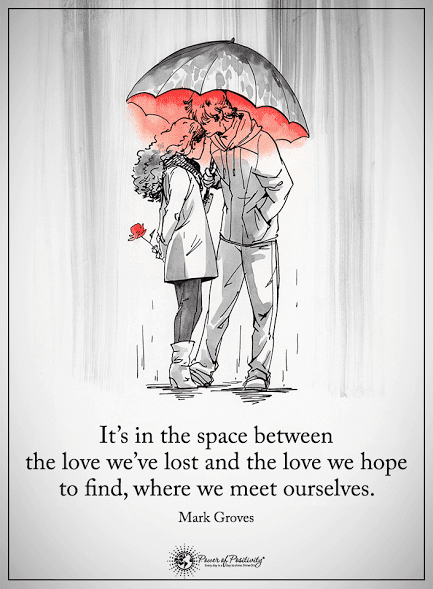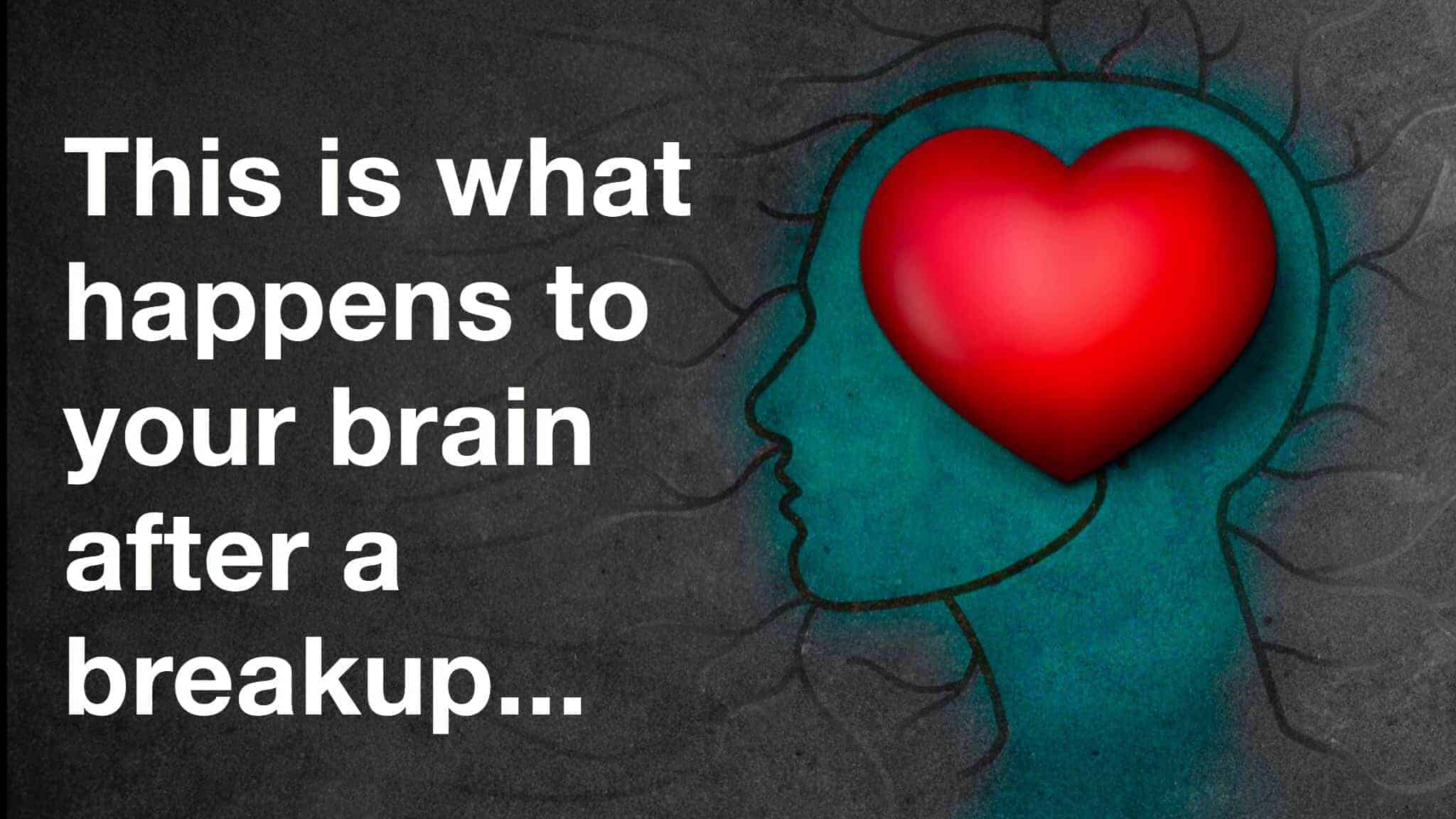We’re going to assume, at least for the sake of this article, that you had a recent breakup. You thought you found the one, but things went wrong somehow.
Many people reading this article will concede that such an unfortunate occasion has happened at least once.
The underlying concept you’ll see throughout the article is this: the brain’s complex – and often unknowable – intricately woven circuitry produces complex feelings that arise from any and all situations, whether positive or negative.
Of course, this includes any relationship that has gone awry.
The motivation behind this article is to explain what happens to the brain following a painful breakup. The benefit of such knowledge is noteworthy because we will gain a more comprehensive understanding of the neurocircuitry that accompanies a hard-felt separation. It is our hope, then, that this knowledge will enable you to understand why such emotions occur – and what you can do as a rational being to make the best out of a challenging situation.
Humans are Hardwired for Love, Not a Breakup

“Turning on the reward neurons releases repeated floods of the neurotransmitter dopamine. And the dopamine activates circuits inside the brain that create a craving…In the case of romance, the thing you need more of is your beloved.” – Diane Kelly
Does anyone remember the 1980’s commercial “This is your brain on drugs?” This commercial was a well-intended (though rudimentary) depiction of what occurs in the human brain during drug use. Whether or not one is a fan of this ad, it is challenging to object to its effectiveness. Following extensive research, the Partnership for a Drug-Free America reproduced a more intensive commercial version following a sizeable decrease in drug abuse cases.
As it turns out, the human brain reacts similarly to love. Indeed, strong emotion is the root of many schoolyard arguments, family feuds, and wars throughout human history.
Simply put, the numerous effects of love on the brain are strikingly similar to those produced by drugs. Like drugs can induce a stagnant effect on the human brain, love (especially deep love) can result in the same – if not exacerbated – neurological effects.
A neuroscientist at the Einstein College of Medicine explains love’s effect on the brain as follows: “Other kinds of social rejection are much more cognitive…(Romantic rejection) is a life changing thing, and involves systems that are not at the same level as feeling hungry or thirsty.”
In other words, when someone we love rejects us, it is as harmful, if not more so, to the brain as social needs (friendships) and primal needs (sustenance).
Wow…can’t say we saw that coming. Wonder what Dr. Oz or Dr. Phil would say on the matter. Anyway, digression aside, let’s get down to it.
This Is What Happens To Your Brain After A Breakup
When we separate or reject somebody we love, the physical effects – shallow breathing, nausea, chest constriction, etc. – are all very real phenomena.
Studies demonstrate that individuals amid a breakup show disproportionate activity in the brain regions determining the body’s response to physical pain and distress. This is potentially dangerous, and the more intimate the relationship, the likelier that adverse and extremely harmful physical side effects arise.
Unfortunately, this counterproductive cognitive response negatively affects other physical channels, including higher blood pressure, weakening of the immune system, and complications of the digestive system. These physical symptoms may persist for days, weeks, or months following a separation, with the duration of such effects highly dependent upon the individual.
Perhaps the most tragic response to heartbreak is a condition known as Takotsubo Cardiomyopathy (aka, “Broken Heart Syndrome), which produces stress hormones in extreme excess, which can, sadly, result in a heart attack, stroke, or even death.
(Sigh…)
What this means (and doesn’t)
Human beings desire to be loved from birth to death (and perhaps beyond). Regardless of the rapid advancements in neuroscience, we cannot – nor should we presume to – understand the complex mechanisms of love in our brain, body, and soul.
Experience (and science) tells us that love and human existence are inseparable. On the positive side, this inseparability enables us to love and cherish those we hold dear despite any circumstances. On the not-so-positive side, such findings elaborate upon – for better or worse – our dependence on others for connection, friendship, love, and nourishment.
For those currently going through the heartbreak that many of us have endured, it’s essential to know that you are not alone. Human beings, by evolutionary design, are resilient creatures. Our brains have the superlative capability of learning, adapting, and rewiring to any past, present, or future situation.

Final Thoughts on Healing After a Breakup
To those victimized by a former or current lover, we leave you with the following poem from Dorothy Parker (from The Complete Poems of Dorothy Parker):
‘In youth, it was a way I had,
To do my best to please.
And change, with every passing lad
To suit his theories.
But now I know the things I know
And do the things I do,
And if you do not like me so,
To hell, my love, with you.”
We wish you peace, happiness, and love in any current and future relationships, dear readers.
















